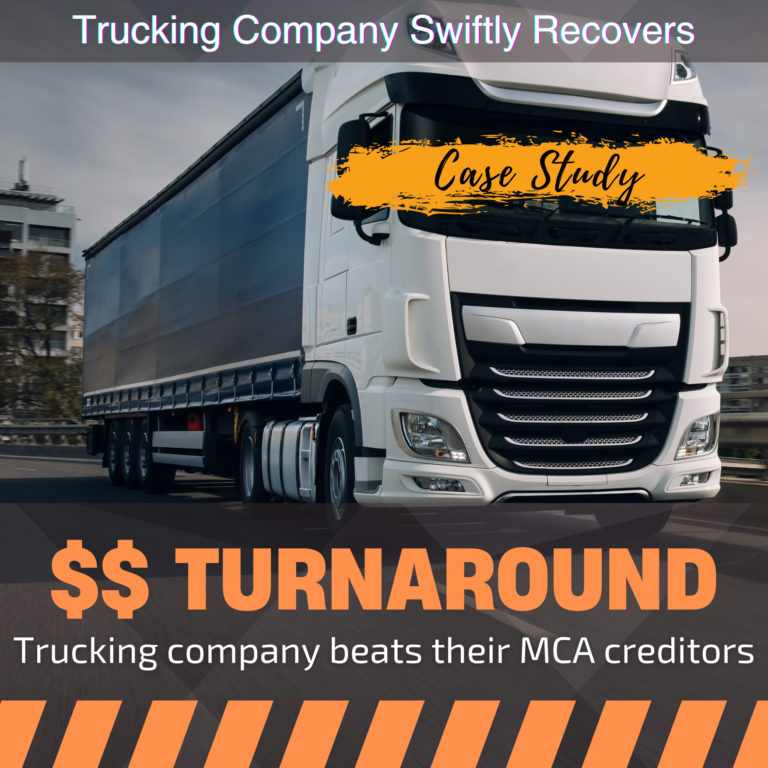Confession of Judgement Filings 2019
In the first month of 2019, we researched and tracked almost 900 Confession of Judgement filings totaling just over $50 million in defaulted Merchant Cash Advance debt.
Among them were:
- Custom Cabinet and Furniture Makers
- Medical Care and Health Services
- Distribution Companies
- Trucking Companies
- Breweries
- Lumber Companies
- Consulting Firms
- Contractors
- Landscapers
- Restaurants
Hundreds of businesses were targeted by Merchant Cash Advance lenders who offered fast money without making clear to business owners what the details in the electronic contract they signed actually meant. Business owners often learn too late that Confession of Judgment in an MCA contract makes it impossible to stop a judgment from happening, because the MCA lender doesn’t have to alert the borrower when they file a COJ.
These MCAs required borrowers to pay daily or weekly by electronic withdrawals from their credit card processors or straight out of their bank accounts via ACH (Automated Clearing House). Any downtick in revenue or delay in business contracts can instantly put a business owner in a position where they cannot meet the MCA debt service and pay their bills.
Stacking MCA Debt
Faced with these hard decisions, many owners will stack more MCA debt on top of what they already can barely pay hoping they can increase revenue to pay the debt service. The unrelenting cash withdrawals easily outpace the average business cycle, and a default is inevitable.
Many of the hundreds of companies that defaulted at the beginning of the year would be profitable even if their debt service fell by only half. Merchant Cash Advance lenders do not negotiate this because of the leverage they have with the ability to file a COJ and get a quick judgment and seize bank accounts.
Negotiation and restructuring can only properly begin after default. But to allow a business to survive and get back to positive cash flow, there must be a powerful strategy in place for restructuring the Merchant Cash Advance.
Similar Posts










